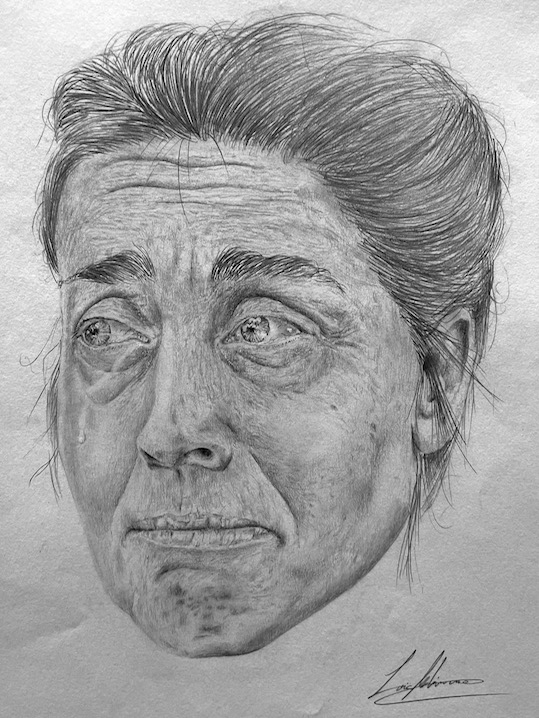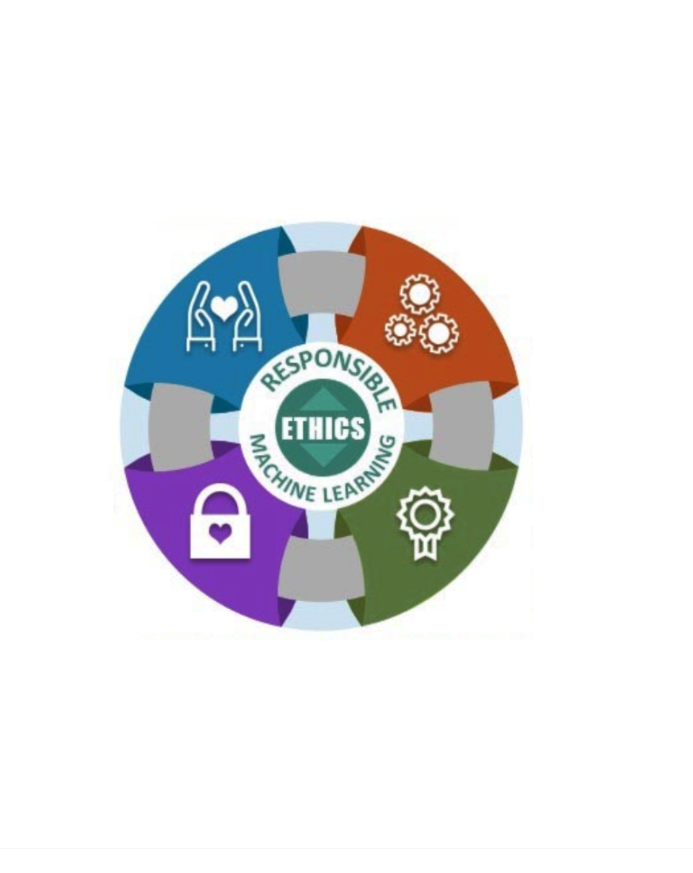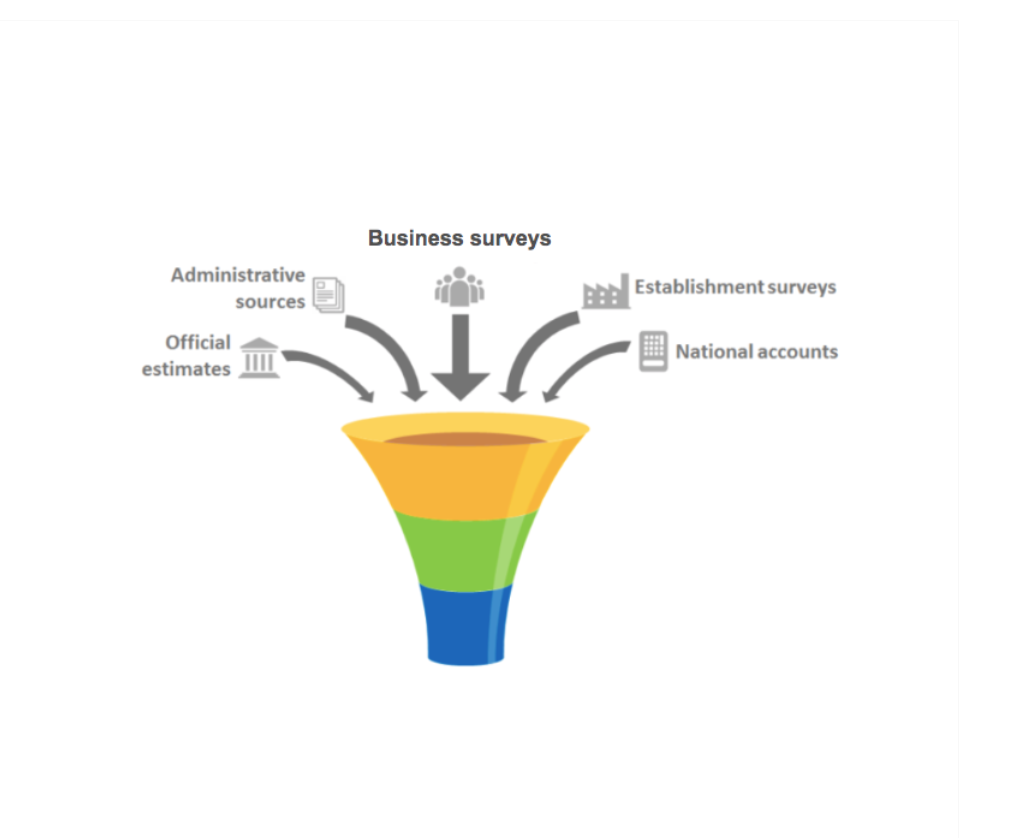Philosophy
Loïc Muhirwa
Much of my thinking about my personal and professional life has been influenced by modern and contemporary texts on a present-day understanding of morality, pragmatism, self-actualization and the philosophy of science. Most notably The Moral Landscape, Probability Theory: The Logic of Science and Designing the Mind by Sam Harris, E. T. Jaynes and Ryan Bush, respectively. Below I list some concepts I’ve been thinking about lately along with some emblematic quotes.
Science & Philosophy
I don't think there's an interesting boundary between philosophy and science. Science is totally beholden to philosophy. There are philosophical assumptions in science and there's no way to get around that. — Sam Harris
Abstraction & Mathematicians
A mathematician is a person who can find analogies between theorems; a better mathematician is one who can see analogies between proofs and the best mathematician can notice analogies between theories. One can imagine that the ultimate mathematician is one who can see analogies between analogies. — Stefan Banach
Writing & Maintaining Code
Code is more often read than written. — Guido van Rossum
Mind Projection Fallacy
We don't see things as they are, we see them as we are. — Anaïs Nin
Common language – or, at least, the English language – has an almost universal tendency to disguise epistemological statements by putting them into a grammatical form which suggests to the unwary an ontological statement. A major source of error in current probability theory arises from an unthinking failure to perceive this. To interpret the first kind of statement in the ontological sense is to assert that one’s own private thoughts and sensations are realities existing externally in Nature. We call this the ‘mind projection fallacy’, and note the trouble it causes many times in what follows. But this trouble is hardly confined to probability theory; as soon as it is pointed out, it becomes evident that much of the discourse of philosophers and Gestalt psychologists, and the attempts of physicists to explain quantum theory, are reduced to nonsense by the author falling repeatedly into the mind projection fallacy. — Edwin T. Jaynes
Privilege & Responsibility
When we consider the responsibility of intellectuals, our basic concern must be their role in the creation and analysis of ideology. — Noam Chomsky




















